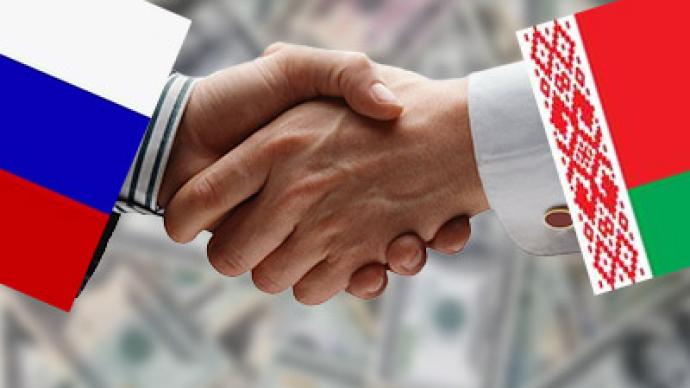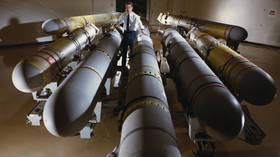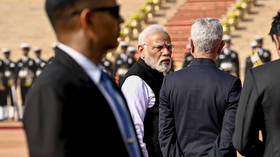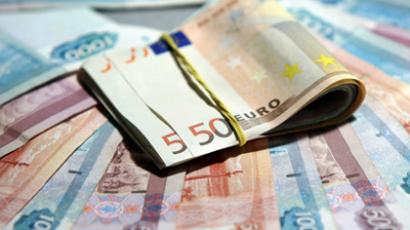Russia and CIS will lend to Belarus

The Eurasian Anti-Crisis Fund with CIS and Russia members has approved a $3 billion bailout program for Belarus. To discuss The EurAsEC decision RT spoke with Ben Aris,Editor in chief of Business New Europe.
RT: What could make the IMF follow the example of Russia and CIS and give this 8 billion dollar loan to Belarus?BA: Well, it’s kind of their job. I mean, their job is helping countries in transitions who get themselves into trouble and Belarus has got itself into a lot of trouble – it’s running out of currency quickly and the economy is going into free fall. But they’re hesitating, many I think because of the political situation. The elections in December were followed by riots and arrests and a very nasty crackdown… And so they are sort of dithering and so much. They need to be sure that any promises from Lukashenko to follow through on reforms on what have you are actually follow that, but I’m not sure they’re certain that that will be.RT: If this loan does come through, how much breathing space will Belarus get?BA: Probably about 3 years and so much as they’re running trade deficit in around 3 billion dollars. And that’s what’s bleeding the money. And the Russians have put the price of gas up on them and it used to be very cheap. And that was subsidizing the economy. But these 3 billion dollars will probably see them through for about 3 years and then they’ll come with a programme and the idea then to put performance and get some economic growth and so they’ll spend the money at even longer.RT: President Lukashenko has pledged to cut the budget deficit by cutting investment and increasing exports. Do you think these measures could help?BA: Not really. Exports are kind of out of his hands. I mean that’s up to the market and Belarusians are trying to export as much as they can, half of which goes to Europe and half of which goes to Russia. And in that sense it’s already a quite a successful economy and so much it’s one of the few Eastern European countries that has strong exports particularly to the European Union. But, then, cutting investment – that’s counterproductive. They need to invest heavily they have all the same problems as Russia does – the need for infrastructure, for roads and all of these things. And so it’s kind of smacks of desperation if they going to cut the deficit by cutting investment.RT: What other measures should Belarus introduce in order to get out of this terrible financial crisis?BA:They need to do everything. They actually have committed themselves. They had their first ever international investment conference in London in 2008 and the foreigners came in large numbers. I was the chairman of that conference and was surprised how much interest there was in investing. Because, it’s the last very cheap manufacturing based relatively central in Europe. And, so, particularly countries like Germany would love to set up a production there. But they face the problems with bureaucracy, paperwork and corruption. It is essentially still a very authoritarian state, it’s very difficult to work, the government interferes with everything and there is no freedom in the free market.RT: Do you think this crisis could actually end up by overthrowing of the government? Is there any chance that this government could be overturned?BA:The tensions are high and all the factors that went into the colored circle of colored revolutions we’ve seen elsewhere in the region are there. The people are very unhappy, the savings are being devalued, the standard of living is not half of what it is in the rest of the region which is growing quite quickly. And the young people have been leaving. So the tensions are there… As to it’s impossible to say if an election come to ahead by their nature – these revolutions are intrinsically unpredictable. But certainly he (Lukashenko) needs to do something, he’s been left behind. All around him the other countries are reforming and growing and joining the international community to some extern and their stagnation has been left behind.














